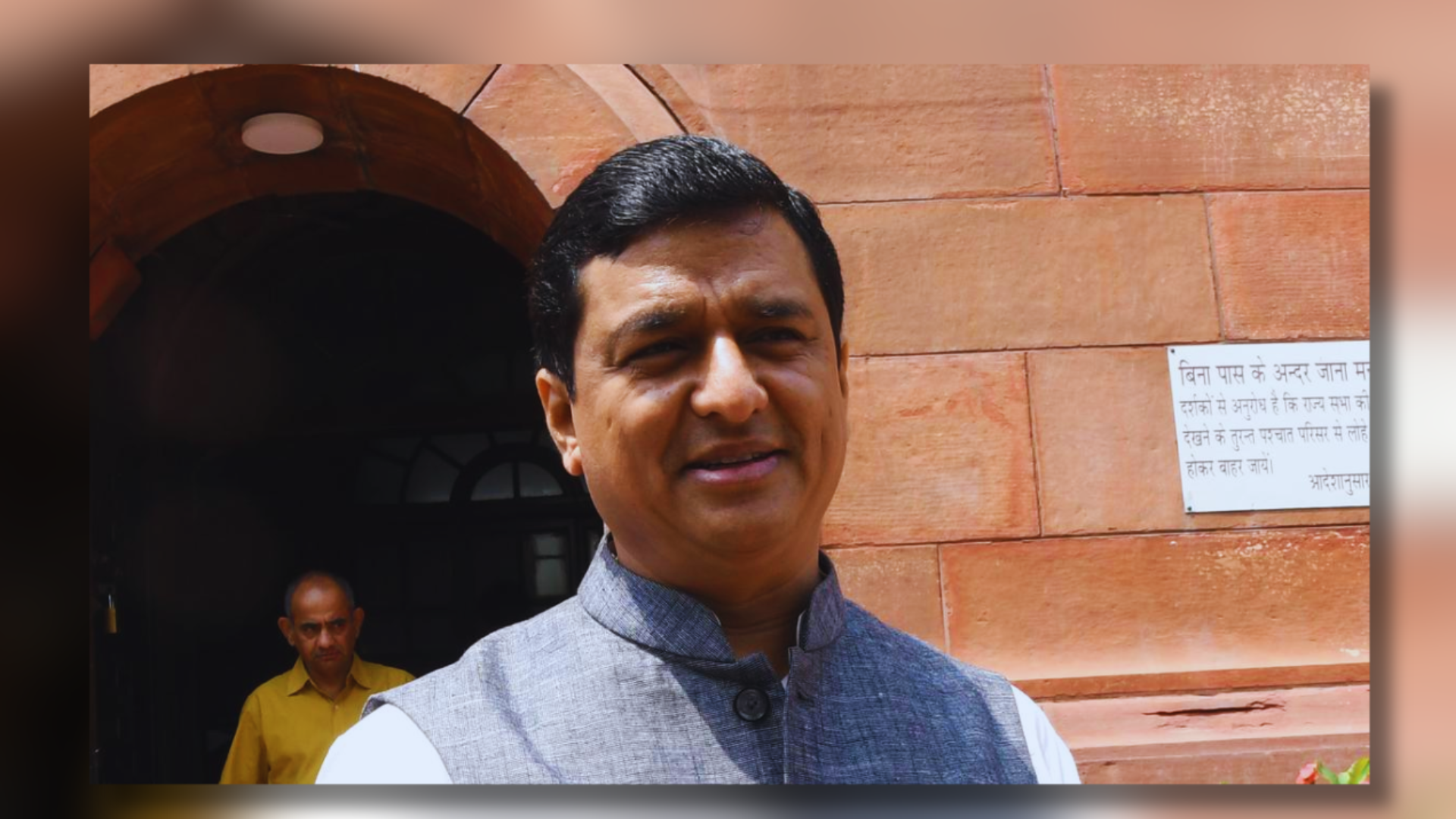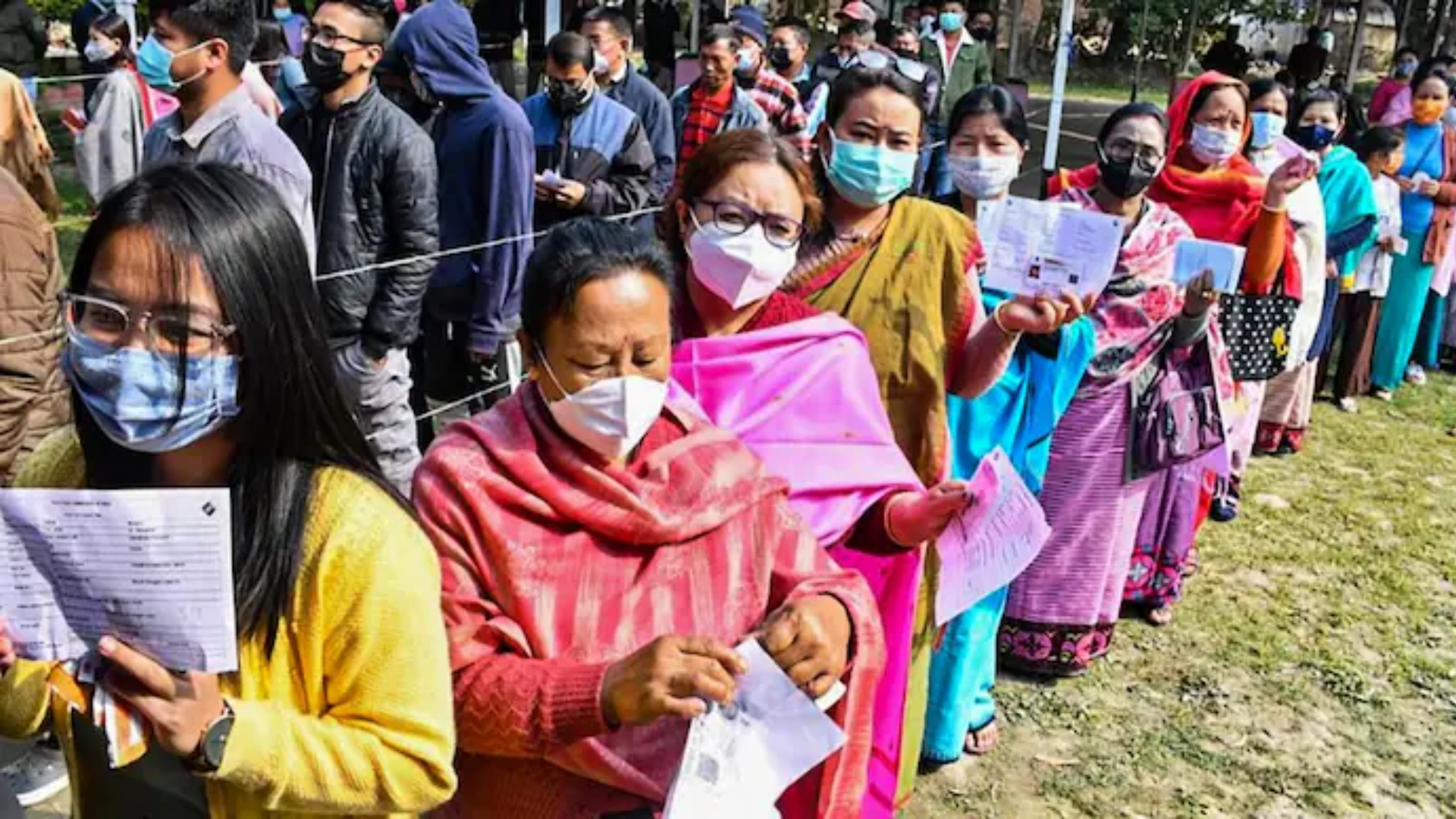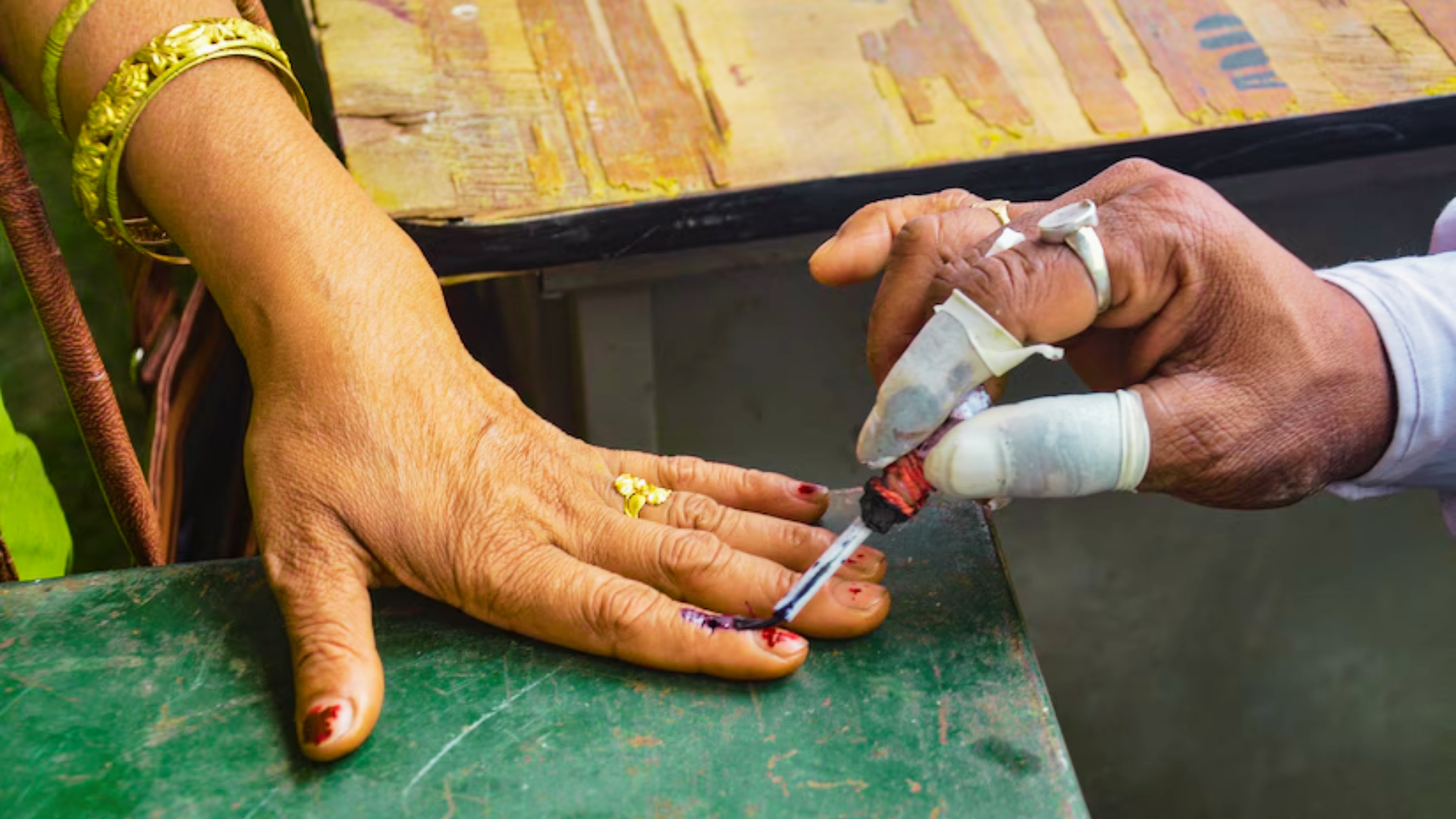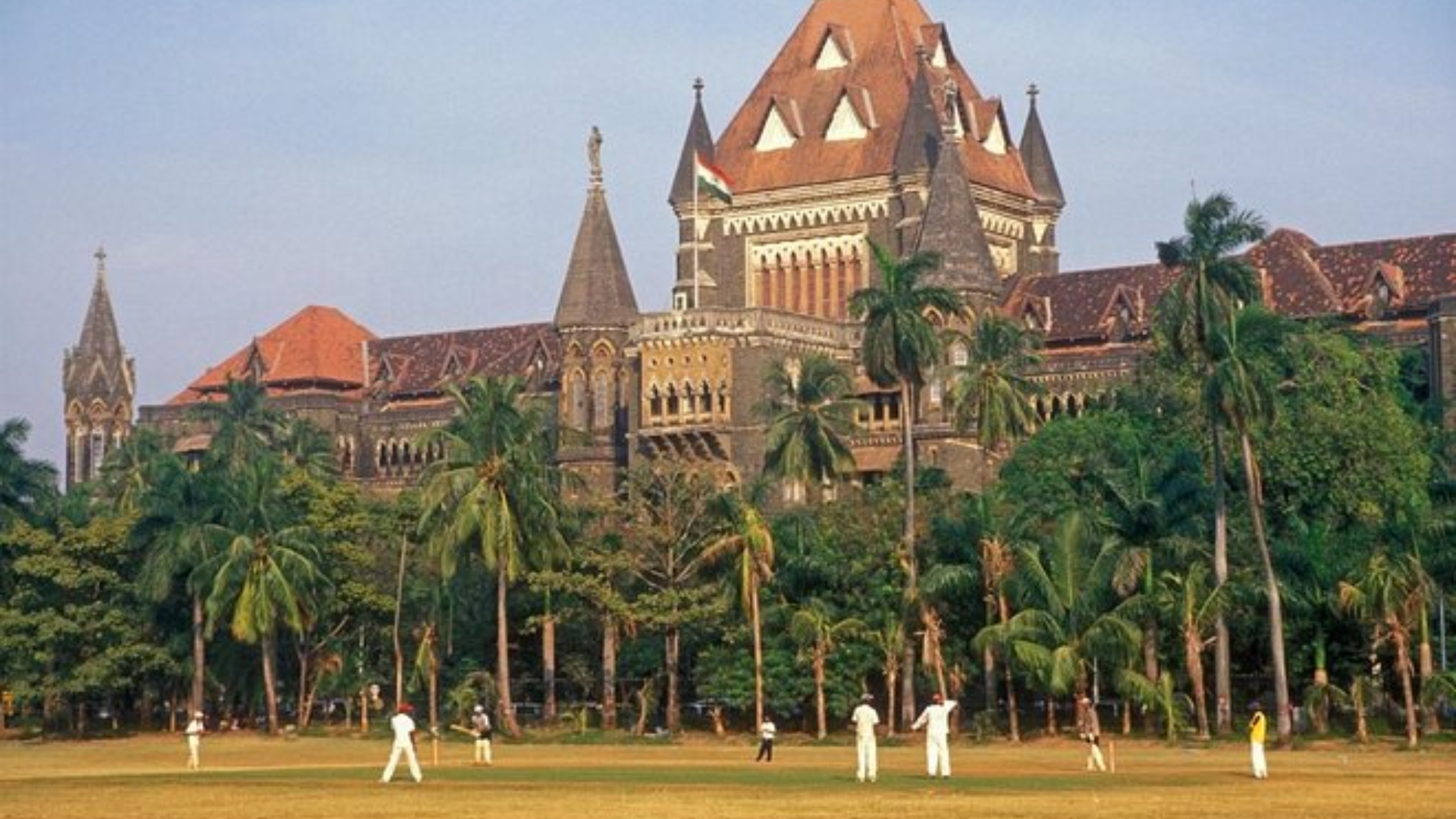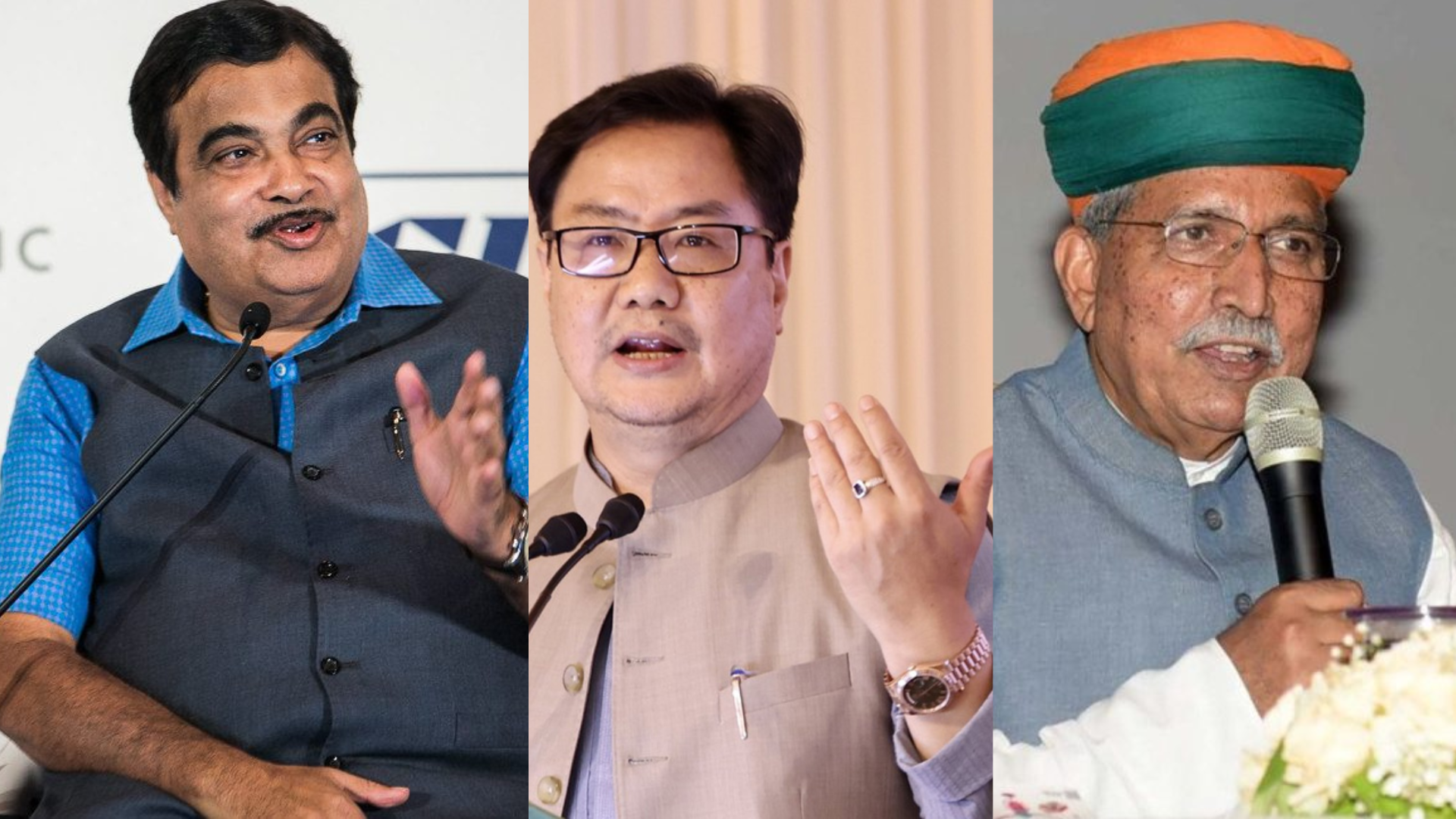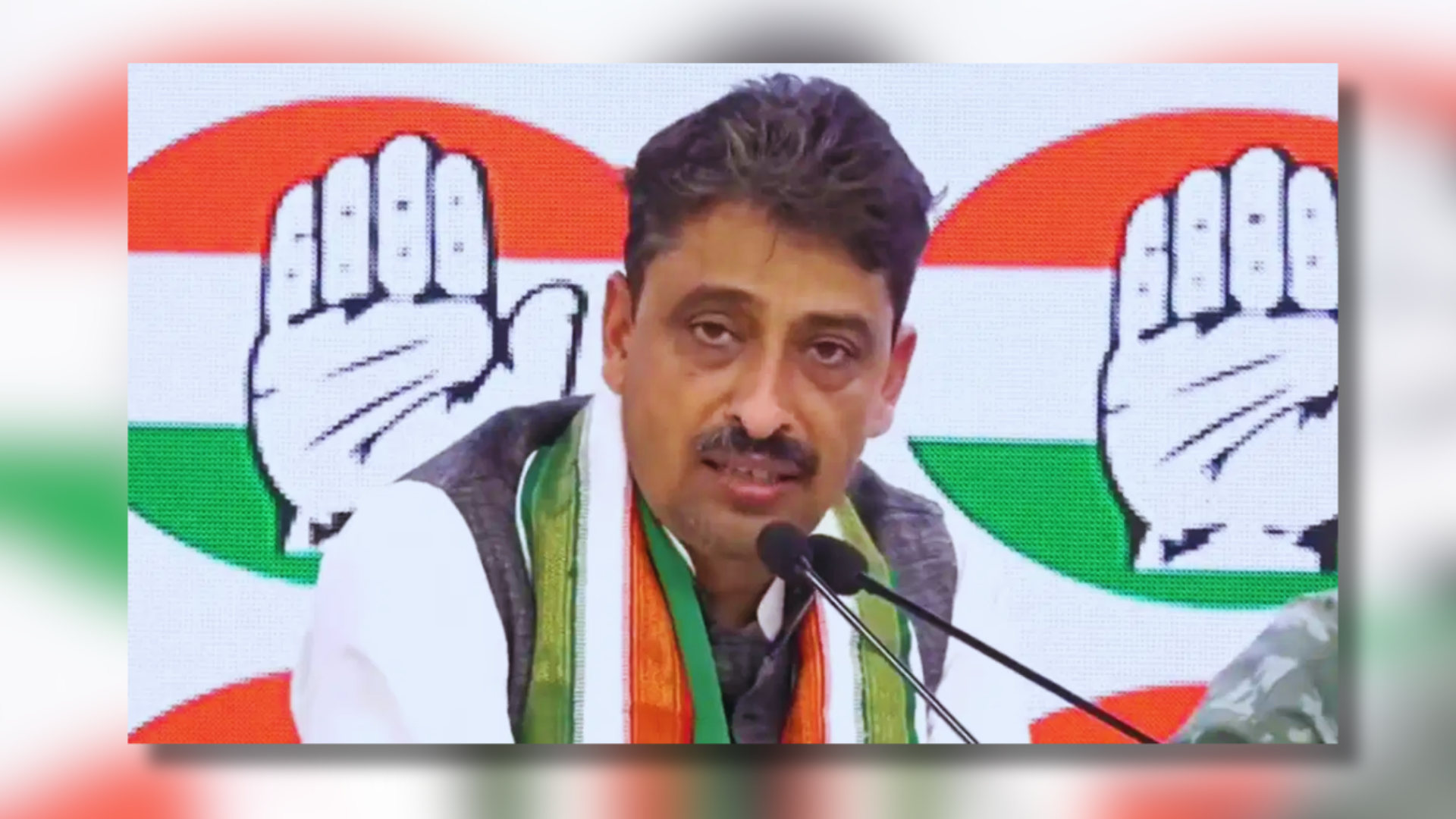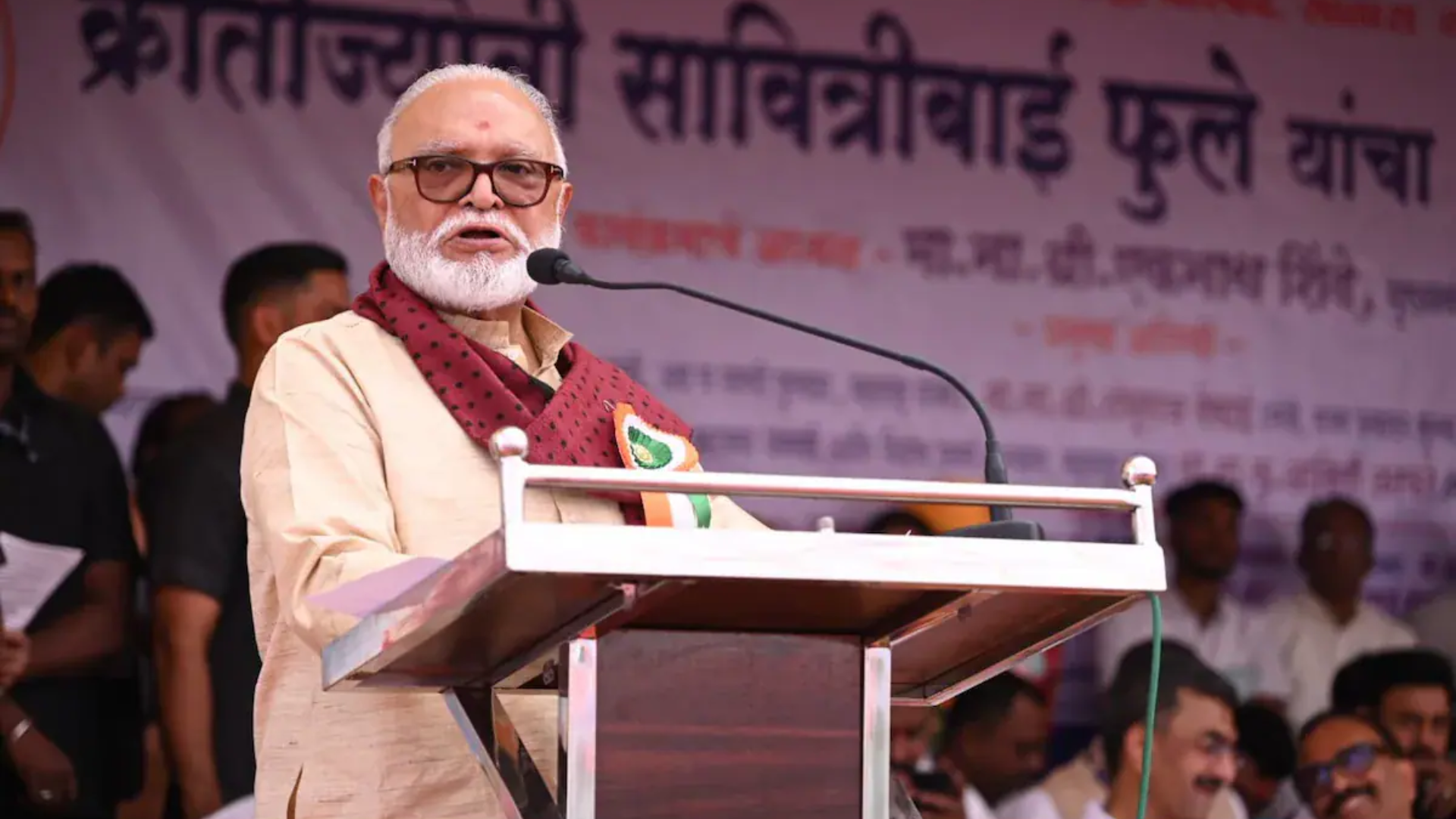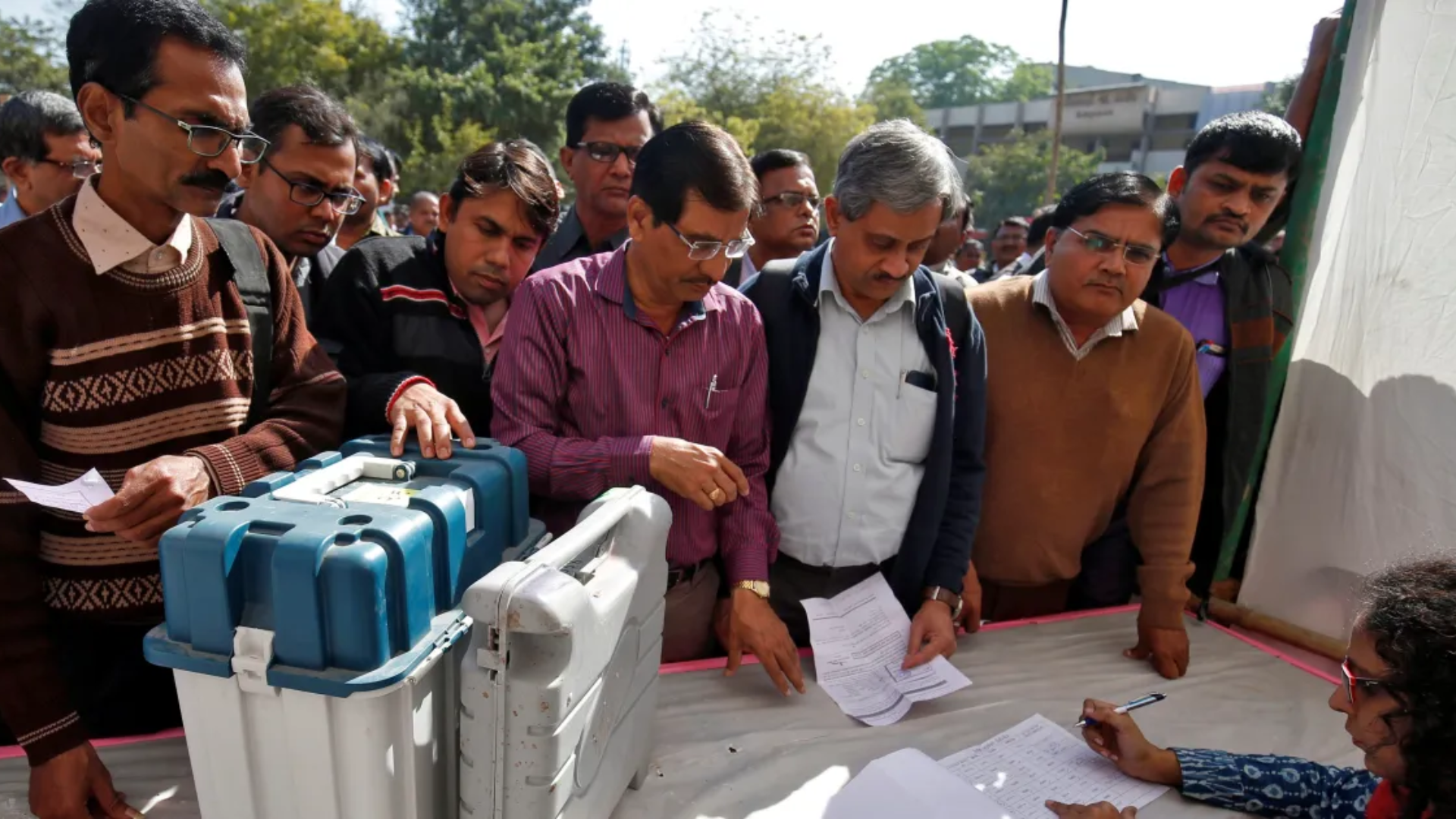


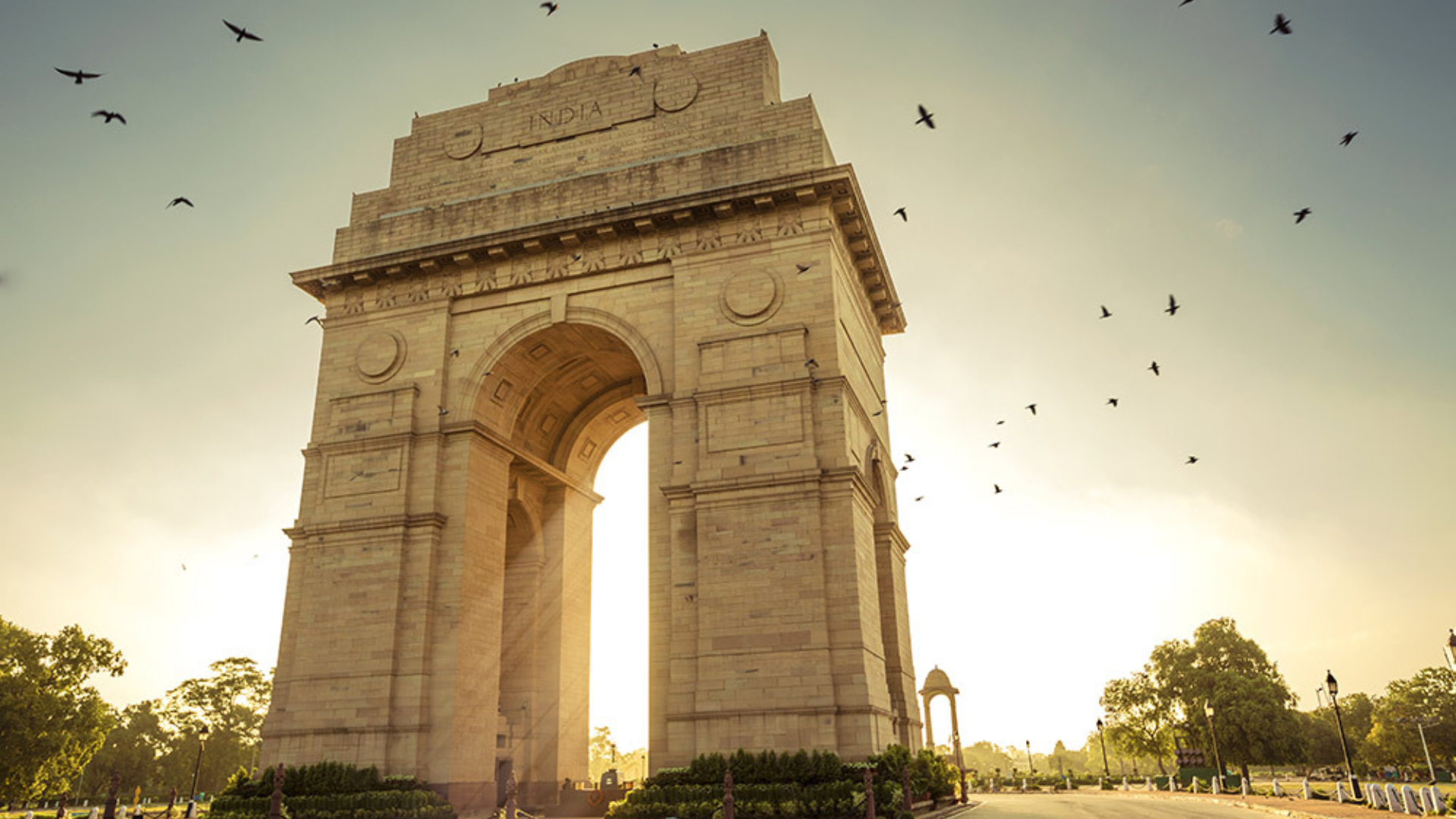

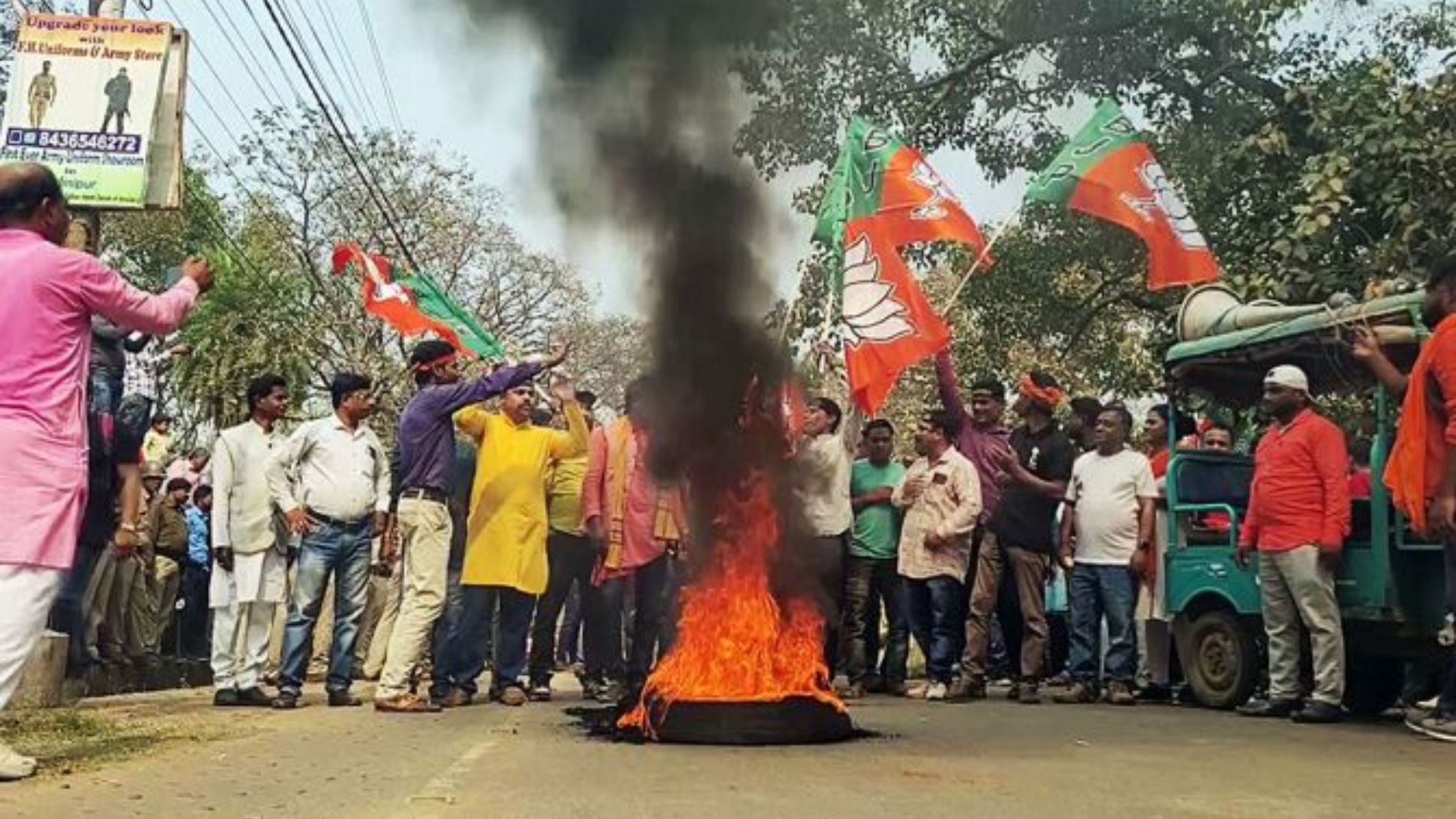
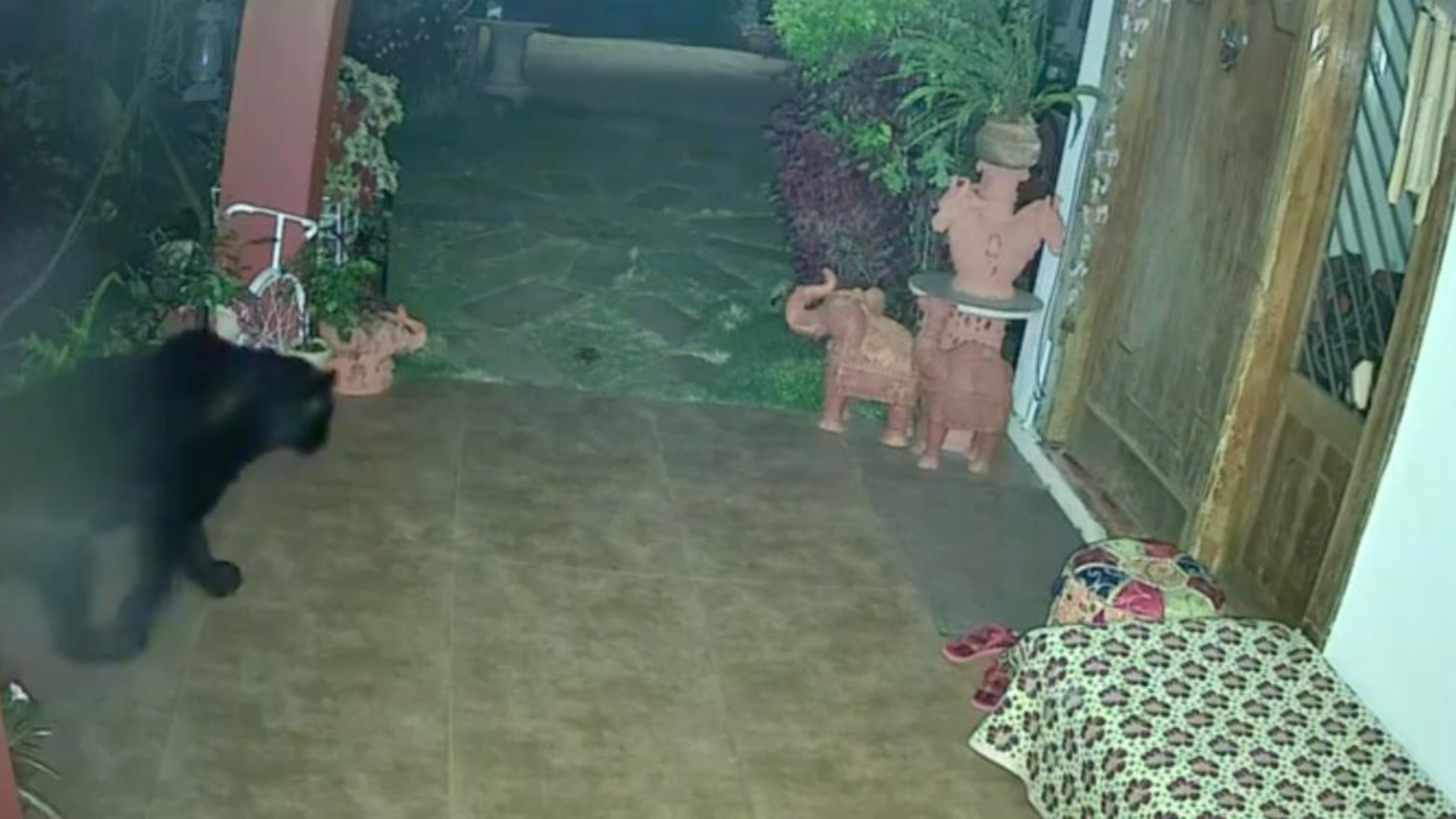
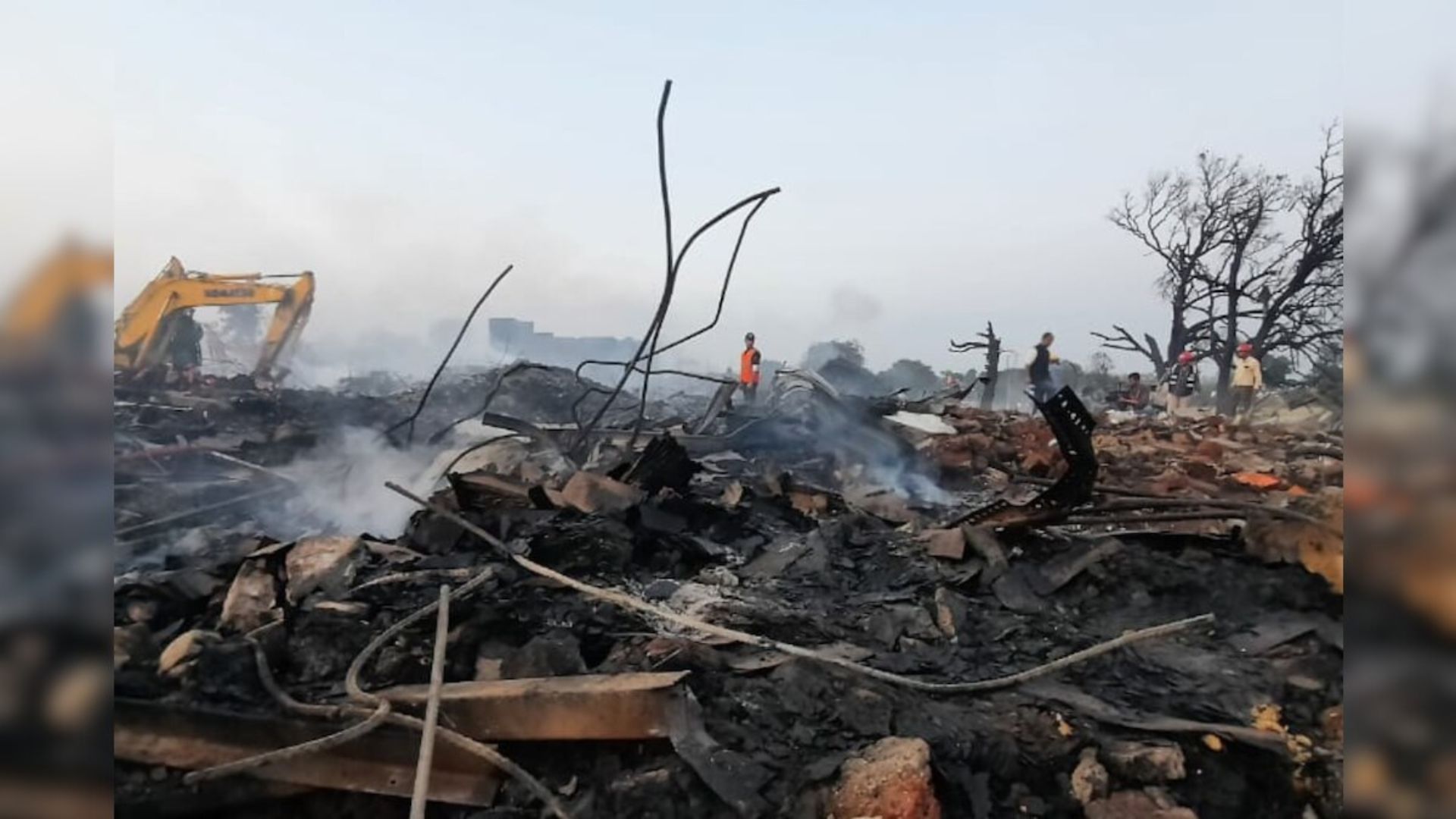
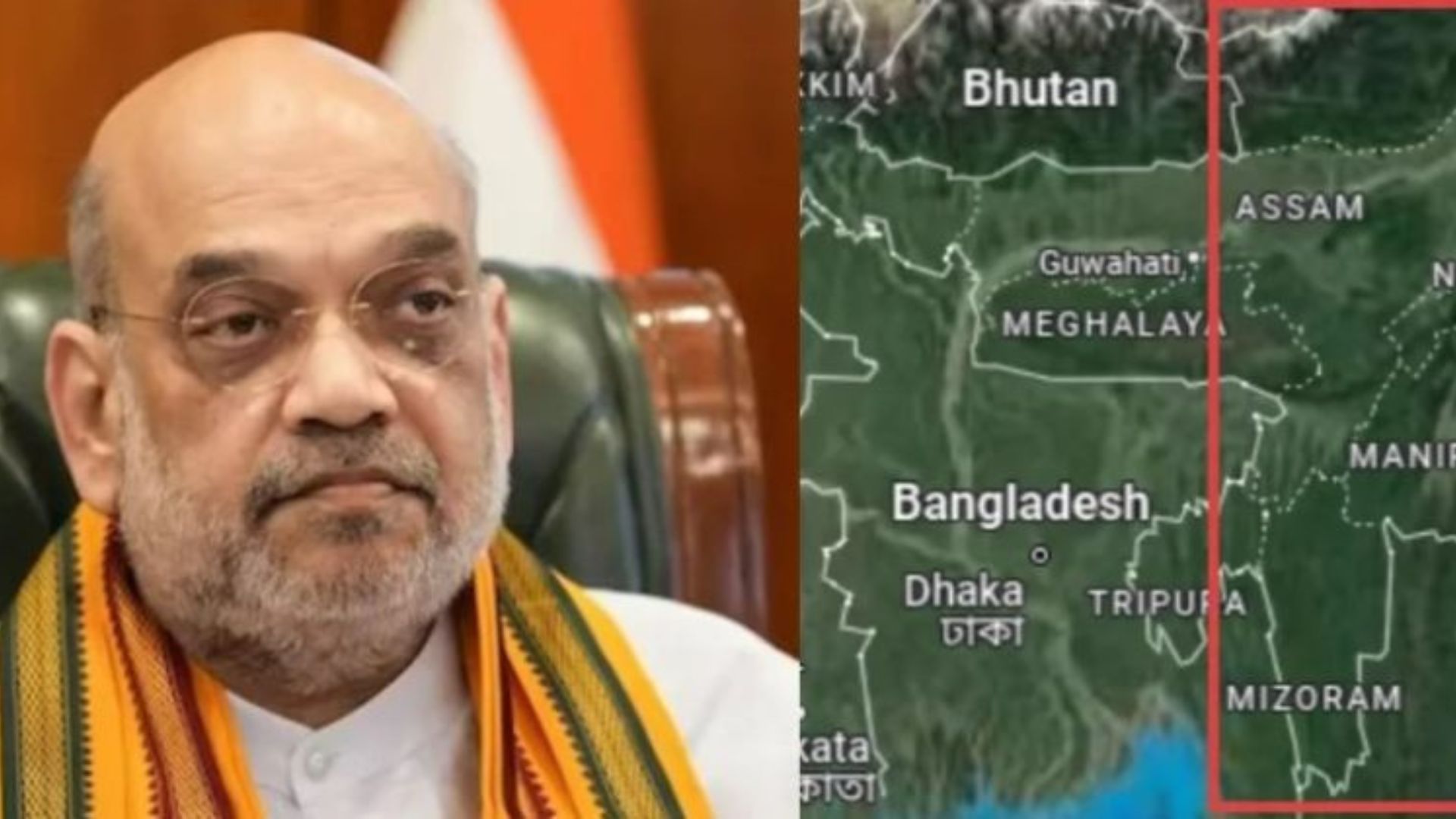

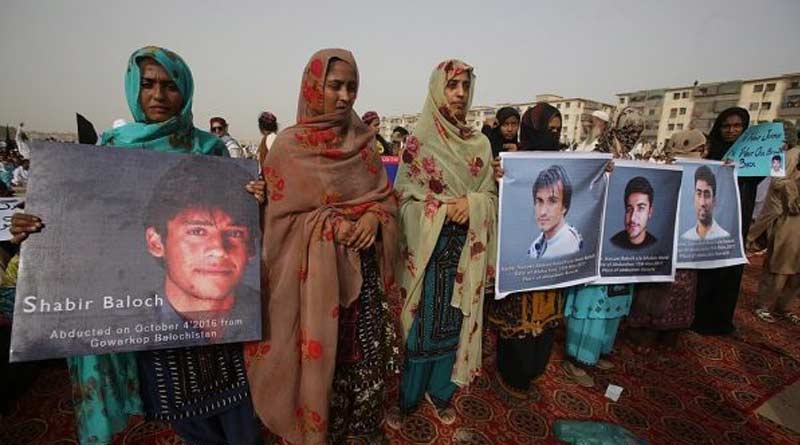
Baloch women demanding the release of missing persons were dragged through Karachi’s streets by police.
“This is so-called Islamic Republic of Pakistan. Baloch women being dragged on the streets of Karachi for demanding release of Baloch missing persons. Unfortunately, Pakistan is member of UN,” tweeted Ashraf Baloch, a human rights activist. Despite efforts by civil society, there is no end to the issue of enforced disappearances in Pakistan, as the State continues to use it with impunity.
The irony is that successive Pakistani governments have sworn to eliminate the practise of enforced disappearances, but there is no end in sight, according to the International Forum for Rights and Security, a research group located in Canada (IFFRAS).
The reality is that the Pakistani state is content to use it to suppress dissent and frighten those who question the all-powerful Army or demand individual or societal rights.
On the International Day of Enforced Disappearances (August 30), former parliamentarians and human rights groups sought legislation to ensure that restrictions were imposed on state institutions, and regulations were enacted in Pakistan that set boundaries for intelligence agencies over enforced disappearances.
The armed forces of Pakistan are widely accused of being responsible for the ‘disappearance’ of an estimated 5,000 to 8,000 persons. As per local media reports, activists from Balochistan are high on the list of the ‘missing’, reported IFFRAS.
Baloch ‘nationalists’, forming many groups, have been fighting the state to oppose curbs on civil rights and the CPEC projects that they claim deprive Balochs of natural resources while giving few jobs.
Cases of enforced disappearances have been majorly recorded in the Balochistan and the Khyber
Pakhtunkhwa provinces which host active separatist movements.
Families and activists have described being harassed, arbitrarily arrested and detained, and subject to violence for simply exercising their right to peaceful protest – a right protected by international human rights law and domestic law, reported IFFRAS.
Enforced disappearance violates international human rights law and is a crime under international law. It also violates the fundamental rights enshrined in the Constitution of Pakistan.
Amnesty International South Asia has noted, “Victim families who have exhausted all legal avenues are forced to publicly campaign in search of the fate and whereabouts of their loved ones.”

